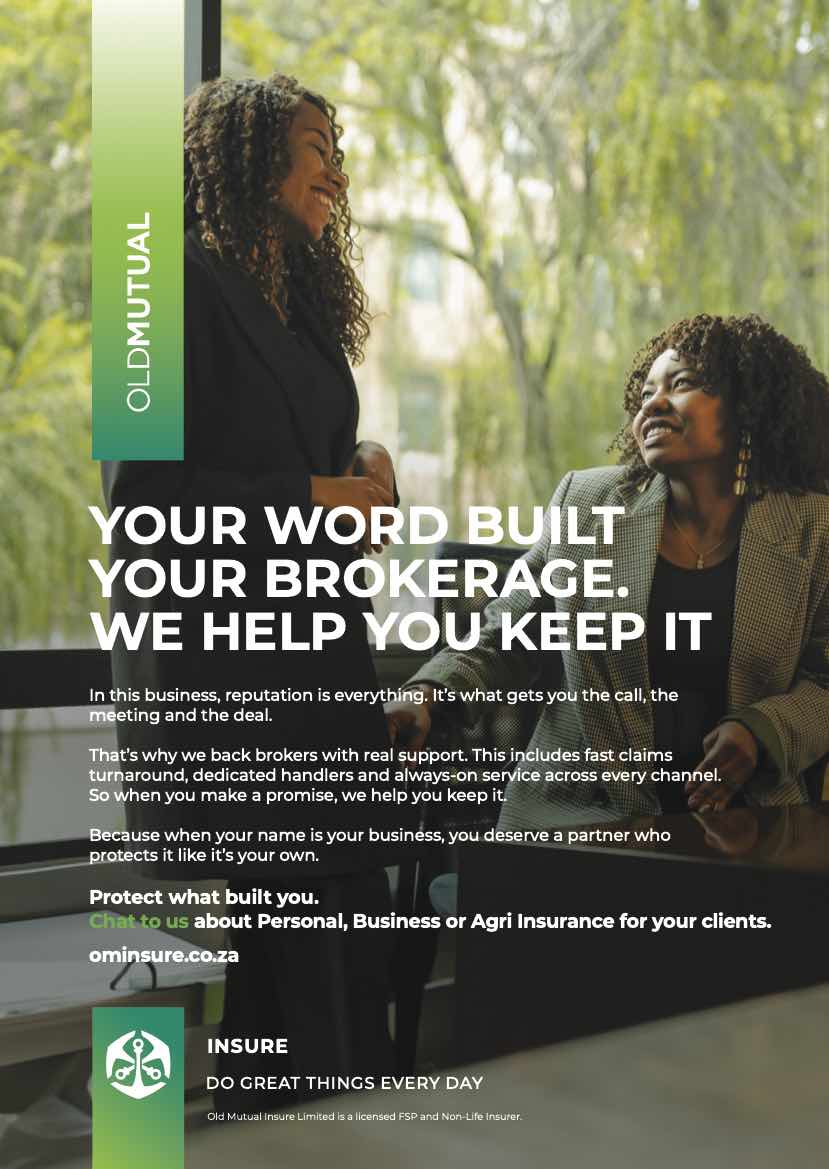Setting the scene: Charles Nortje on CGIC’s role in South Africa’s economy and future

Charles Nortje, CEO of Old Mutual Insure and former CEO of Credit Guarantee Insurance Corporation (CGIC), opened the CGIC Summer Conference by grounding delegates in the bigger picture of credit insurance’s role in the economy.
Warmly welcoming clients, intermediaries, and partners, he made it clear that CGIC’s work goes far beyond issuing policies, it is about enabling trade, supporting transformation, and building resilience in South Africa’s business ecosystem.
Connecting CGIC to Old Mutual’s pillars- Nortje positioned CGIC within the Old Mutual Group’s three sustainability pillars: responsible investment, climate action, and financial wellness. He explained how trade credit insurance supports each: by keeping the wheels of commerce turning, by directing capital toward greener and more ethical trade, and by ensuring businesses and communities have access to liquidity when they need it most.
Citing GDP data, he noted that CGIC’s gross exposure accounts for roughly 16% of South Africa’s insurable economy. “That means CGIC is lubricating about 60% of the insurable economy,” he said. Without trade credit insurance, businesses would be forced into impractical cash-only dealings, stalling growth.
Climate action with realism - Nortje stressed that CGIC cannot ignore the climate agenda. While the South African economy remains dependent on fossil fuels, insurers must encourage a just transition. CGIC will increasingly favour trade that aligns with sustainability goals, avoiding sectors or practices that degrade the environment or exploit people, while actively supporting renewable energy and infrastructure projects. “We want to leave a sustainable planet for our children,” he said, urging businesses to at least have a transition plan toward net zero.
At the same time, Nortje cautioned against a one-sided view of ESG. Environmental goals cannot come at the expense of societal well-being or governance standards. “You can’t just stare at the environmental piece; you’ve got to look at the social and governance impact too.”
“Without trade credit insurance, businesses would be forced into impractical cash-only dealings, stalling growth.”





